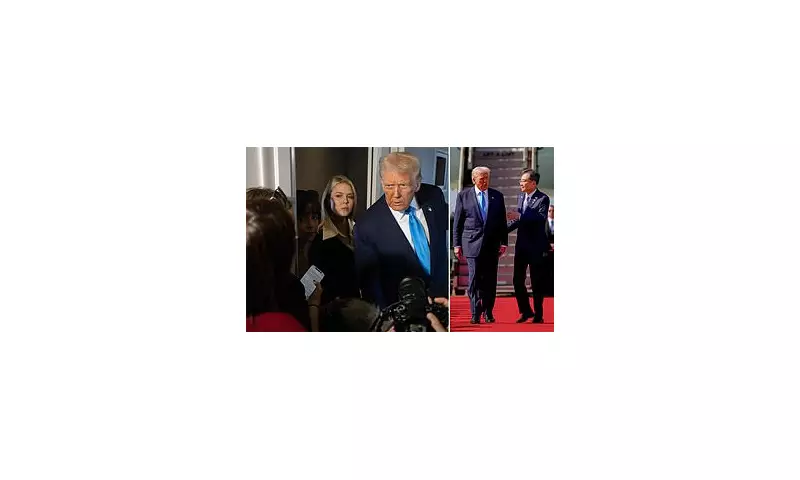
In a remarkable statement that has sent shockwaves through political circles, former President Donald Trump has made the extraordinary claim that the US Constitution would prohibit him from serving only a single term if he returns to the White House.
The Constitutional Controversy
During recent private discussions, Trump asserted that the nation's founding document contains provisions that would effectively compel him to complete two full terms if he wins the 2024 presidential election. This interpretation has left constitutional scholars and political veterans alike scratching their heads.
Legal Experts Weigh In
Prominent constitutional lawyers have been quick to challenge this assertion, pointing to the 22nd Amendment's clear language that specifically limits presidents to two terms total, without any requirement to serve both consecutively or complete them once begun.
"This represents a fundamental misunderstanding of American constitutional law," noted Dr. Eleanor Vance, professor of constitutional studies at Oxford. "The amendment exists to prevent extended executive power, not to mandate it."
Political Fallout and Reactions
The statement has ignited fierce debate across the political spectrum:
- Conservative commentators are divided on the interpretation
- Progressive groups have seized on the remarks as evidence of authoritarian tendencies
- Moderate voters express concern about constitutional literacy
- International observers watch with growing apprehension
Historical Context and Precedents
Several presidents in American history have served non-consecutive terms or incomplete terms without constitutional mandate to continue. The most notable examples include:
- Grover Cleveland's non-consecutive terms
- The transition following John F. Kennedy's assassination
- Richard Nixon's resignation mid-term
None of these historical instances triggered any constitutional requirement for the successors to complete additional terms.
What This Means for 2024
This controversial interpretation adds another layer of complexity to an already volatile election cycle. Political analysts suggest this could:
- Mobilize Trump's base who appreciate his unconventional approach
- Alarm moderate and independent voters concerned about constitutional norms
- Create additional legal challenges should he win the election
- Force broader conversations about constitutional education
As the 2024 campaign intensifies, this constitutional controversy promises to remain at the forefront of political discourse, testing both legal boundaries and public understanding of America's foundational document.





